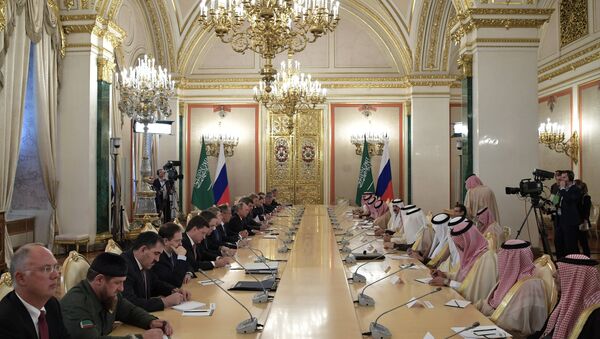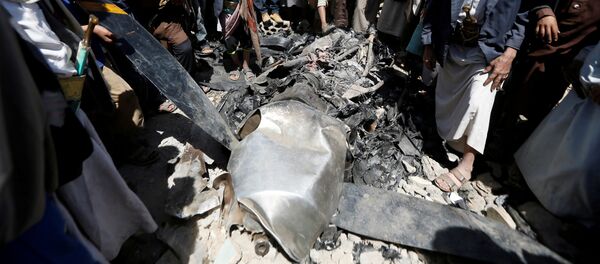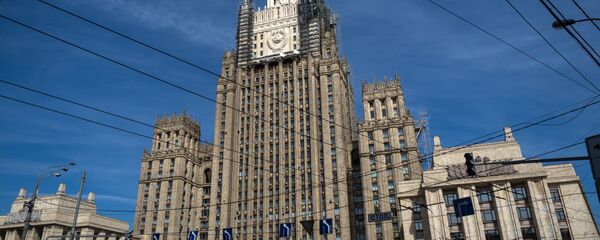On Monday, the FSMTC confirmed that the two countries had agreed on the supply of S-400s, as well as Kornet-EM anti-tank missile systems, TOS-1A heavy flame tanks, AGS-30 grenade launchers and Kalashnikov Ak-103 assault rifles.
Asked to comment, Nazer, a fellow at the National Council of US-Arab Relations, told Sputnik that the deal is "a testament to the importance that Saudi Arabia accords Russian relations."
"I think they see it as an important, multidimensional relationship that is also mutually beneficial on many relations," the expert said.
Specifically, Nazer noted that Riyadh has come to the realization that many of the challenges it faces are global in nature. "Toward that end, it has really gone on a diplomatic offensive to strengthen relations with countries all over the world – neighboring countries in the region, regional countries, and global powers, including Russia, China, India and the United States. This is consistent, and I think all of this serves Saudi Arabia's national interests well. You see this with some of these agreements that were signed with Russia last week."
Asked what specific factors may be behind Riyadh's search for new weapons suppliers, Nazer said that it has to do with the country's security concerns and the instability along its borders.
Riyadh is "well within its right to take every necessary precaution to ensure that its borders, airspace and waters are as secure as possible," Nazer added, especially in light of the country's regional rivalry with Tehran.
Nazer said he was "hopeful overall" about the future of his country and the region, given that the Middle East and Saudi Arabia have predominantly young populations, and ones that are becoming more educated and ambitious, and have access to information and technologies which previous generations did not.





